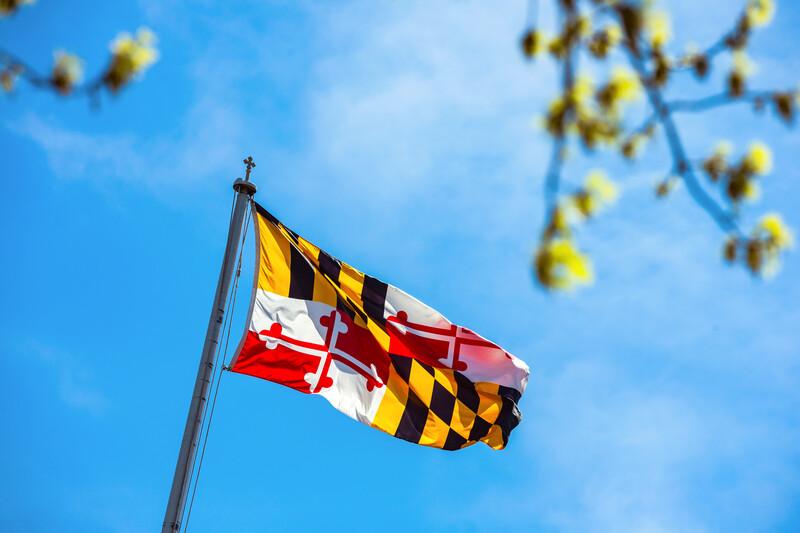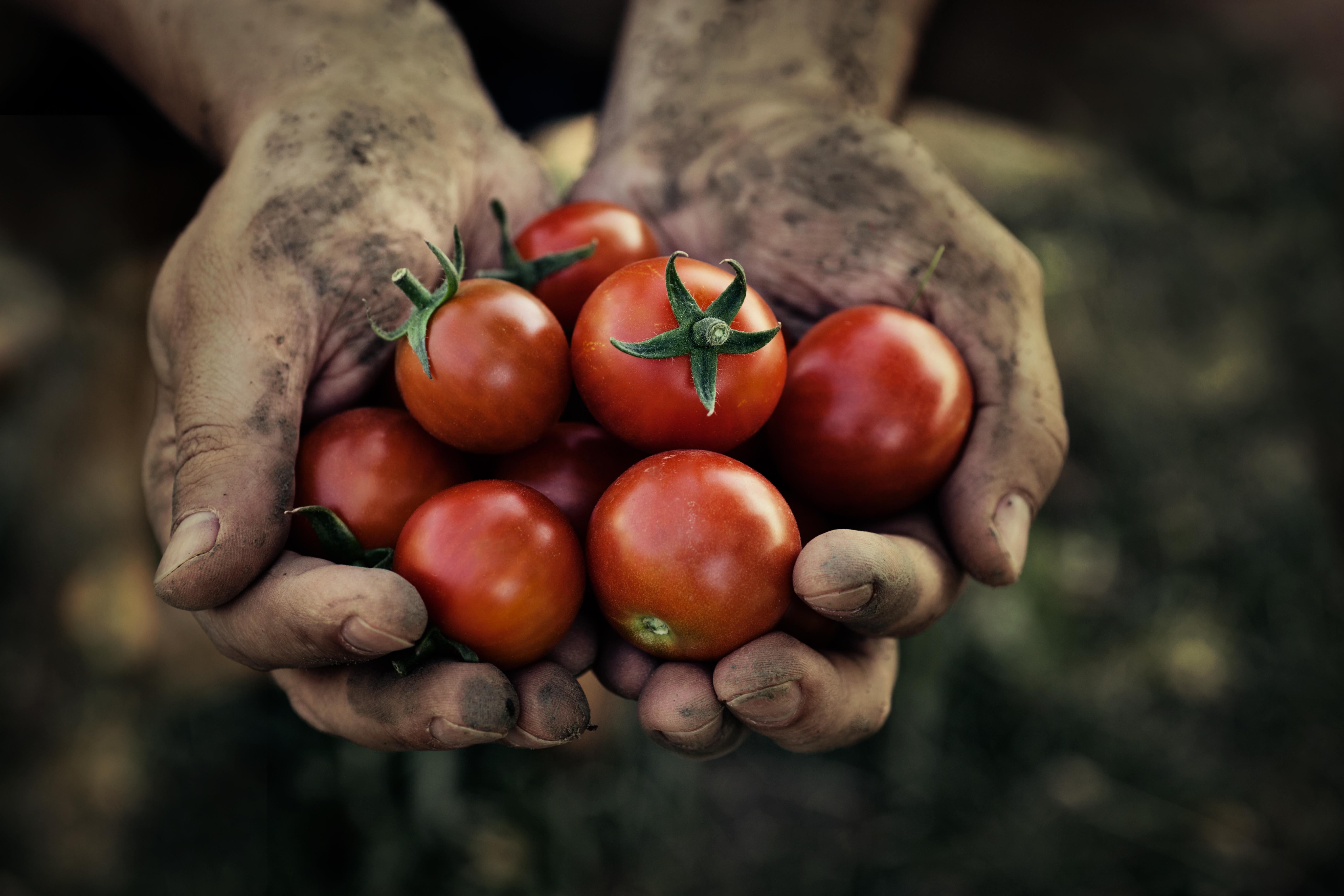History
Our international, highly interdisciplinary team has been working together since 2016. At that time, faculty members from the University of Maryland (UMD), The Hebrew University of Jerusalem, and the Arava Institute for Environmental Studies began collaborating on projects focused on advancing agricultural water reuse, many of which were supported through CONSERVE: A Center of Excellence at the Nexus of Sustainable Water Reuse, Food & Health (our Center that was launched in 2016 through a $10 million grant from the U.S. Department of Agriculture, National Institute of Food and Agriculture).
To expand our educational programming within the CONSERVE Center, we then won a prestigious $3 million National Science Foundation Research Traineeship (NSF NRT) award in 2018 to launch UMD Global STEWARDS (STEM Training at the nexus of Energy, WAter Reuse and FooD Systems). Since then, our team has expanded geographically to include partners in Nepal and East Africa, and our scope has broadened, addressing a wide breadth of issues at the nexus of food, energy, water, climate, and health.
Our larger, international team competed in the UMD Grand Challenges Institutional Grants Program and was awarded $3 million to launch the Global FEWture Alliance in March 2023. To our knowledge, we are the first organization to bring together universities, NGOs, and government agencies across four countries to advance climate resilience. We carry out systems-based interdisciplinary research-to-action, community-driven capacity building, and experiential undergraduate and graduate education at the food-energy-water-climate-health nexus.
UMD, along with our international partners, is poised to take the lead in these critically important areas. UMD is the home of influential FEW nexus research and training centers and programs including the CONSERVE Center of Excellence, the UMD Global STEWARDS National Science Foundation Research Traineeship (NSF NRT), the DAWN Project, AWARD-APR, the Center for Food Safety, Security and Systems, and the Bioenergy and Bioprocessing Technology Lab.
Our international partners are global leaders in implementing FEW nexus solutions that positively impact communities in Africa and Asia. In Ethiopia, CultivAid has achieved ten-fold increases in crop yields, increases in crop diversification, 80% reductions in irrigation water use, improved diets among more than 100,000 Ethiopians, and improved knowledge for over 5,000 university students, graduates, and 500 local agronomists.
Our Kathmandu University partners have implemented similar programs in the remote Sailung Valley of Nepal. Their work has realized threefold increases in crop yields, significant improvements in the diversification of vegetable crops among 200 family farms, and the initiation of 20 community-driven microfinance groups.
Immersed in the greater Washington, D.C. metropolitan area, the Global FEWture Alliance will leverage its proximity to the headquarters and major research facilities of the country’s funding agencies with a stake in FEW systems: USDA, FDA, DOE, EPA, NOAA, NASA, NIH, and NSF. We see significant international development opportunities with USAID, the U.S. Department of State, the World Bank, and others with which we have a track record of funding. Our approach aims to address 13 of the 17 UN Sustainable Development Goals: no poverty; zero hunger; good health and well-being; quality education; clean water and sanitation; affordable and clean energy; reduced inequalities; sustainable cities and communities; responsible consumption and production; climate action; life below water; life on land; and partnerships for the goals.
From a local perspective, the work of the Global FEWture Alliance aligns with the State of Maryland’s commitments to advancing food, energy, water, health, and environmental sustainability through innovative entrepreneurship and public/private partnerships.
Our UMD-based Alliance is also in direct alignment with the four overarching commitments of the University of Maryland's Strategic Plan: We Invest in People and Communities; We Reimagine Learning; We Take on Humanity’s Grand Challenges; and We Partner to Advance the Public Good.
Together with our international partners, we have an exceptional opportunity to take action on these unique attributes by scaling up the alliance's research, capacity building, and experiential education.
Our alliance is eager to build on our collective history, and seed and sustain positive change globally.
CultivAid
Sailung Valley of Nepal
Kathmandu University
diversified vegetable crops
Sailung Valley of Nepal
Kathmandu University


